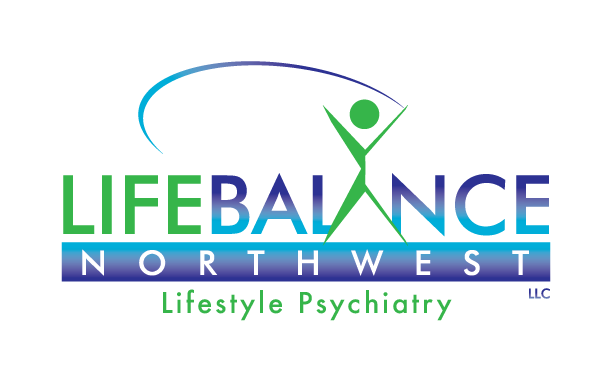How Rare Are Statin-Related Memory Issues? Very, according to Forbes. http://onforb.es/wuhqQd
In this article the argument is made that memory loss is a rare event, based on the JUPITER study. Comments under this article speculate that now that the suggestion statins cause memory problems is in the press, statin patients will claim they have memory problems, where previously there were none.
I'm not convinced that memory problems are rare. Statin patients have long complained of memory loss, not only in my office, but on line. At the heart of the issue is how physicians get their information regarding the risks and benefits of drugs, and how valid that information is. I posted the following comments under the Forbes article:
Me: If you don’t ask the question you won’t find the answer. As a psychiatrist I ask the question. You can see for yourself. Go to www.askapatient.com and type in the first three letters of any statin to read what patients report. Reports that precede this one are not influenced by the latest news. Lipid soluble statins that cross the blood brain barrier are most suspect. By the way, statins inhibit HMG-CoA reductase, an enzyme in the pathway that makes cholesterol, CoQ10 and dolichol. The brain uses HMG-CoA reductase to produce cholesterol on site. The blood brain barrier and the brain’s requirement for cholesterol are reasons the brain retains it’s own HMG-CoA reductase rather than harvesting cholesterol from the blood. Cholesterol is involved in signaling and brain structure. I think we are seeing the tip of the iceberg here.
Matthew Herper, Forbes Staff:
But what if you get the same answers if you give a placebo? In Jupiter, about one-sixth of people reported myalgia, whether they were getting Crestor or placebo.
Me: Sadly, when you look at these trials you must ask who is behind them. AstraZeneca, marketer of Crestor (rosuvastatin), was behind JUPITER. Michel de Lorgeril, MD, of Joseph Fourier University and the National Center of Scientific Research in Grenoble, France, and co-authors re-evaluated the data and found wide discrepancies. So, how solid is that data? Will we ever know? A bigger news story that did not make front page news (although the press reported it here and there) is tactics used by pharmaceutical companies to make research studies an arm of marketing. Richard Horton, editor of the Lancet, gives testimony to Parliament as to tactics employed:
http://www.publications.parliament.uk/pa/cm200405/cmselect/cmhealth/42/4121604.htm
The beginning of the JUPITER trial pre-dates Dr. Horton’s testimony. There is a Statins Effect Survey going on now, by University of California San Diego. It will be interesting to see what the researchers learn. What we need is independently funded studies, sans pharmaceutical company influence, but money is at issue. Advertisements should be eliminated from medical journals to help prevent publication bias, but money is an obstacle here as well. While the US government has made attempts to make research more transparent, basically whoever pays determines what we get.
If you wonder whether a statin is right for you, I suggest you start your research with www.thennt.com:
Statins for heart disease prevention, without prior heart disease:
http://www.thennt.com/statins-for-heart-disease-prevention-without-prior-heart-disease/
Statins for heart disease prevention, with prior heart disease:
http://www.thennt.com/statins-for-heart-disease-prevention-with-known-heart-disease/
There is much more to this issue, which I plan to share on a later post.


